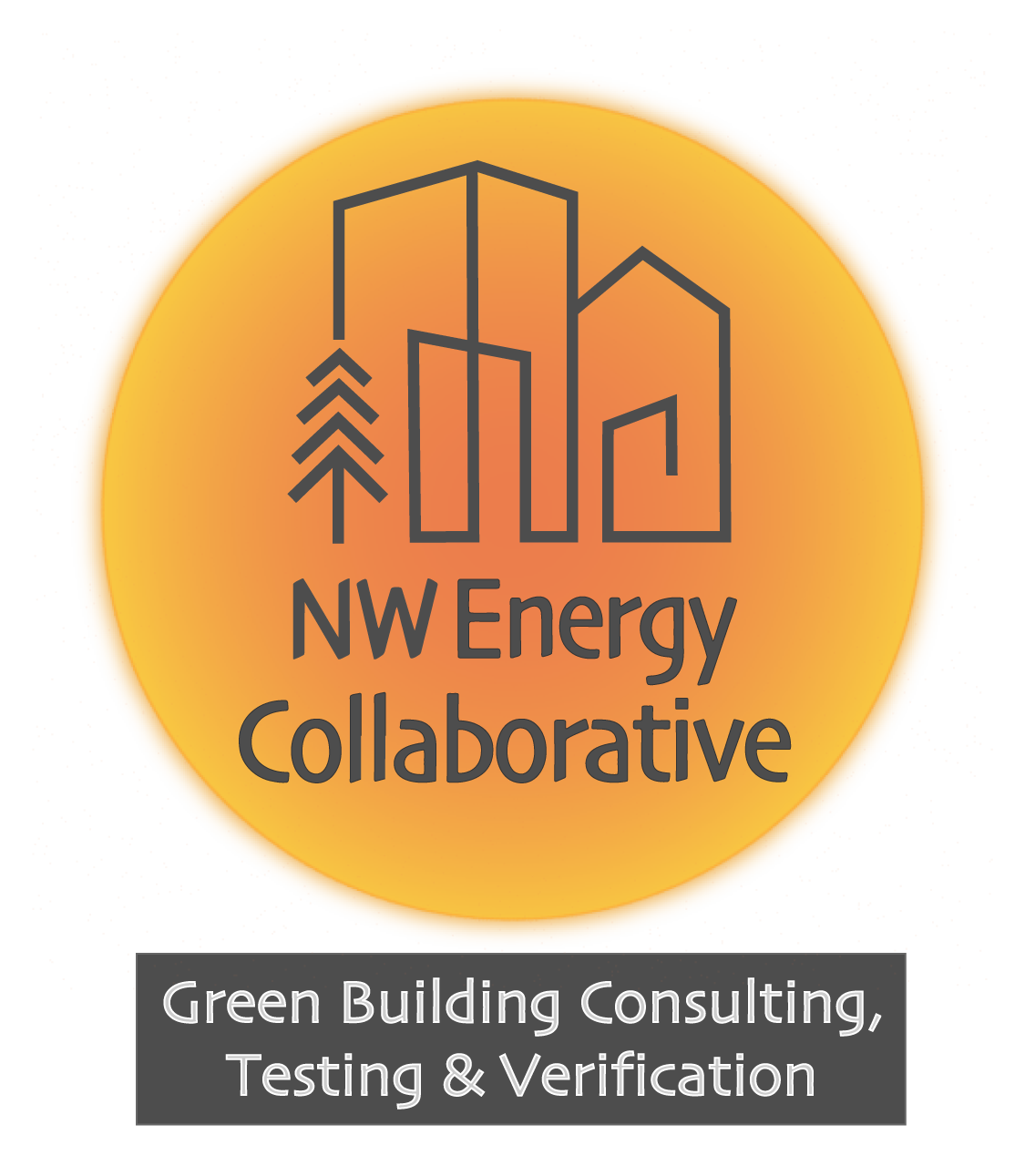Energy Efficient Mortgage?
INTEREST RATES ARE THROUGH THE ROOF!!! FUEL PRICES AT AN ALL TIME HIGH! A RECESSION IS LOOMING!! THE SKY IS FALLING. WHAT DOES IT ALL MEAN FOR HOMEBUYERS?
For many first time home buyers, the home buying process can be quite daunting — from seeking a loan pre-approval to finding a decent realtor to visiting the potential homes, the process of buying a residential property can be quite extensive. Then, when it comes to the actual purchase of the property, it will seem (because you are) as though you are signing your life away to the bank (with interest!). A 15-30 year financial commitment is a significant life changing decision, and likely a major milestone in someone’s personal financial journey, so why not try and save as much money as possible by applying for an Energy Efficient Mortgage.
What is an Energy Efficient Mortgage?
An Energy efficient mortgage (EEM) is a mortgage product that takes into account the expected monthly utility expenditures of the home, in which, if the home is more energy efficient, is a reduced financial risk in the eyes of the mortgage lenders. An Energy Efficient Mortgage (EEM) can be used by borrowers to purchase or refinance a home that is already energy efficient, such as an ENERGY STAR certified home, or to finance energy efficient improvements to an existing home. An EEM takes into account the cost savings from energy improvments that accrue to the homeowner as a result of lower monthly expenses. The value of projected utility savings is used by the mortgage lender to provide more favorable financing terms to the borrower, like an improved debt-to-income qualifying ratio that enables the borrower to qualify for a larger loan amount and a more energy-efficient home.
To obtain an EEM a borrower typically must have a home energy rater or other trained professional conduct a home energy assessment or rating before financing is approved. This assessment verifies for the lender that the home is energy-efficient or will be energy efficient after energy efficient improvements are completed, and provides the lender with the estimated monthly energy savings and the value of the energy efficiency measures. EEMs are sponsored by federally insured mortgage programs (FHA and VA) and the conventional secondary mortgage market. Lenders can offer conventional EEMs, FHA EEMs, or VA EEMs.
Who Can Qualify for an EEM?
All buyers who qualify for a home loan in the United States qualify for the Energy Efficient Mortgage. Both existing and newly constructed properties are eligible for the EEMWhat are the different EEM mortgage options?
USDA — The USDA assists approved lenders in providing low- and moderate-income households the opportunity to own modest, decent, safe and sanitary dwellings as their primary residence in eligible rural areas. Go to the USDA website for EEMs for more information
Fannie Mae & Freddie Mac — Government sponsored mortgage lending corporations that each have their own EEM program. Follow the Fannie Mae link to learn more. Follow the Freddie Mac link to learn more.
HUD FHA — The U.S. Department of Housing and Urban Development has a EEM program that assists low-income borrowers get into more energy efficient housing. The more energy efficient a home, the lower the energy burden on low-income homeowners.
VA EEM — Energy Efficiency for the Troops! The VA provides an EEM program for US Veterans. Follow the link to learn more about the Veterans Affairs Energy Efficiency Mortgage program
If you are someone that has been eying the real estate market for the past few years knowing that time for homeownership is right around the corner, or a current homeowner considering some major home renovations and improvements, the EEM is an excellent mortgage program that can provide that extra boost needed to acquire better financial terms and put yourself in an energy efficient home!
